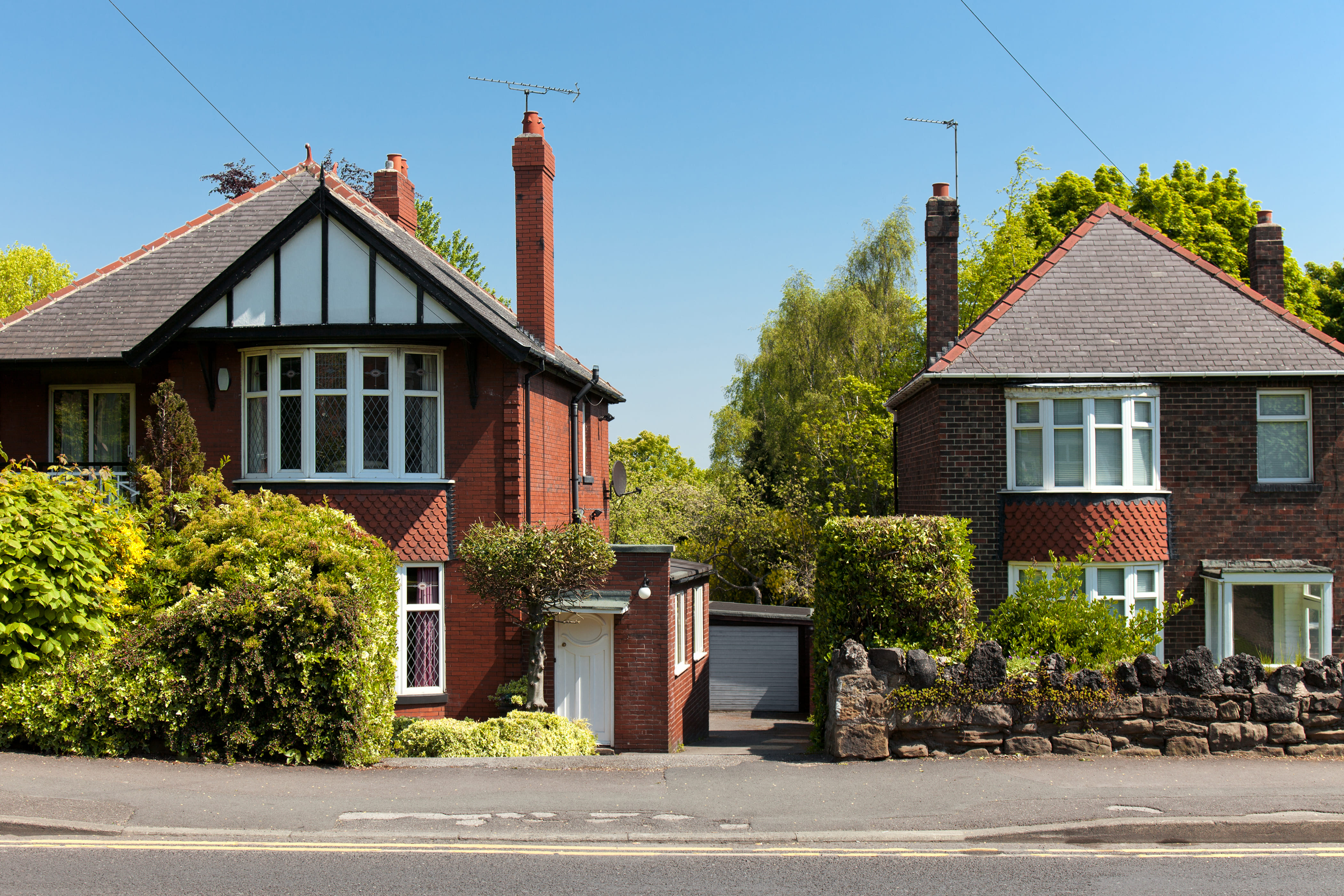- Compare agents
- Online valuation
- Explore my area
- Home toolkit
- News & guides


- Estate agents by area
- Sold house prices by area
- Estate Agent ValuationRequest an in-person valuation with an agent to discover your property's true market value.
- Online Valuation ToolGet a free instant estimate of your home's value.
- EPC CheckerFind out if your home has a valid Energy Performance Certificate.
- Listing MonitorAlready on the market? See how your online property advert is performing.
- Selling guides
- Estate agent guides
- Mortgage advice
- Conveyancing guides
- Property news See All News & Guides

Agent shortlist

HouseWorth
- Should I put my house up for auction?
Help for first time sellers24 March 2020
Should I put my house up for auction?
Rosie Hamilton
Writer & Researcher

Table of contents
It’s an incredibly uncertain time and it can be confusing trying to figure out what to do about the big and necessary things that keep life moving forward. For many people moving house is a necessity. You might need to liquidate equity quickly, or you might want to move to care for a loved one, or start a new job.
Some people will be considering the alternative options available for home sales: quick cash buyers, or selling a house by auction. Below we look at how selling your home in an auction works to help you decide whether it’s the right option for you.
Auctions are more expensive than selling a property with a traditional estate agent. But, if you’re looking for speed and certainty, or you have a difficult-to-sell property, it can be an effective option.
Note: It’s important not to make any rash decisions. UK Government guidance on coronavirus is updating daily. This includes initiatives to provide support to those struggling financially, and advice on how we should continue with our daily life. It is likely there will be delays in property exchanges and home sales for a short time.
How do house auctions work?
Step One: Appraisal
Once you have decided which auction house to work with, you will need to send details about your property along with your expectations for sales price. The auction house will then decide provisionally whether your property is suitable and arrange a time for an inspection.
Step Two: Property Inspection
It’s necessary for the auction house to conduct a property inspection to ascertain the specifications of your home. Usually this will be done by a qualified surveyor and will include: assessing the condition of your home, measuring up, and taking photographs.
At this stage they will also advise on the price you should set as your ‘reserve’ and your ‘guide’. A ‘reserve’ price is kept confidential. It is the minimum price you're willing to accept. If no one bids over this amount you do not need to sell. A ‘guide’ price, is the figure displayed to everyone as an indicator of where bidding should begin.
Step Three: Bidding
Your chosen auction house will then market your home and appoint a time for the auction to take place. Some houses will have a period of bidding, where individuals submit sealed bids over several days. Others will have a single public event conducted like a traditional auction.
Step Four: Completion
Once the bidding on your property is over the highest bidder will put down a deposit or a substantial reservation fee. In most cases this will be 10%, an immediate exchange of contracts, and a month deadline for completion (when all the money is paid and the keys given to the new owner). This financial commitment dramatically reduces the possibility that a buyer will back out.
Online auctions generally have a longer period between the auction and completion. This allows buyers a bit more time to get their mortgage funding in place, if they need it. You should expect to complete within 3 months.
Will my house sell at auction?
Not all homes are suited for sale at auction. Auctions are most likely to attract investors, developers, or builders, rather than people looking to move house. Properties that need doing up, have potential to extend, or are not attractive to the average buyer (because they are hard to mortgage, or the lease is short) will get the most interest at auctions.
Because of this the channels auction houses use to market properties target investors and developers. This means you'll get less exposure to an average buyer if you choose to sell at auction, rather than through an estate agent.
Considering working with an estate agent? Find the quickest sellers in your area with our handy comparison tool.
How much do auction houses charge?
Auction houses will usually charge both a non-refundable entry fee and commission. You should expect commission to be around 2.5% of your selling price. The average estate agent's fee is 1.5%. You may also be required to pay extra administrative or advertising fees. When deciding which auction house to work with, ask for a detailed list of charges upfront so that you’re not caught out by an unexpected bill.
The auction house's fee will not include any legal fees. You will need to hire a conveyancer separately to help deal with the contractual side of things.
Note: Buyers will also have to pay a substantial fee to purchase your property. Experienced buyers will factor in this cost into any bids they make. This means you could end up effectively paying the fee twice.
For more tips on the selling process check out our handy guide.
Thinking about
selling your home?
Picking the right estate agent is vital for a successful sale. GetAgent makes choosing simple. Discover the best performing agents in your area.
- Free
- Data-driven
- No obligation
Thinking about
selling your home?
Picking the right estate agent is vital for a successful sale. GetAgent makes choosing simple. Discover the best performing agents in your area.
- Free
- Data-driven
- No obligation

Compare estate agents
It takes 2 minutes.
Our company
Get in touch
020 3608 6556
Our lines are closed
We are a company registered in England & Wales, company number 09428979.
Copyright © 2026 GetAgent Limited








